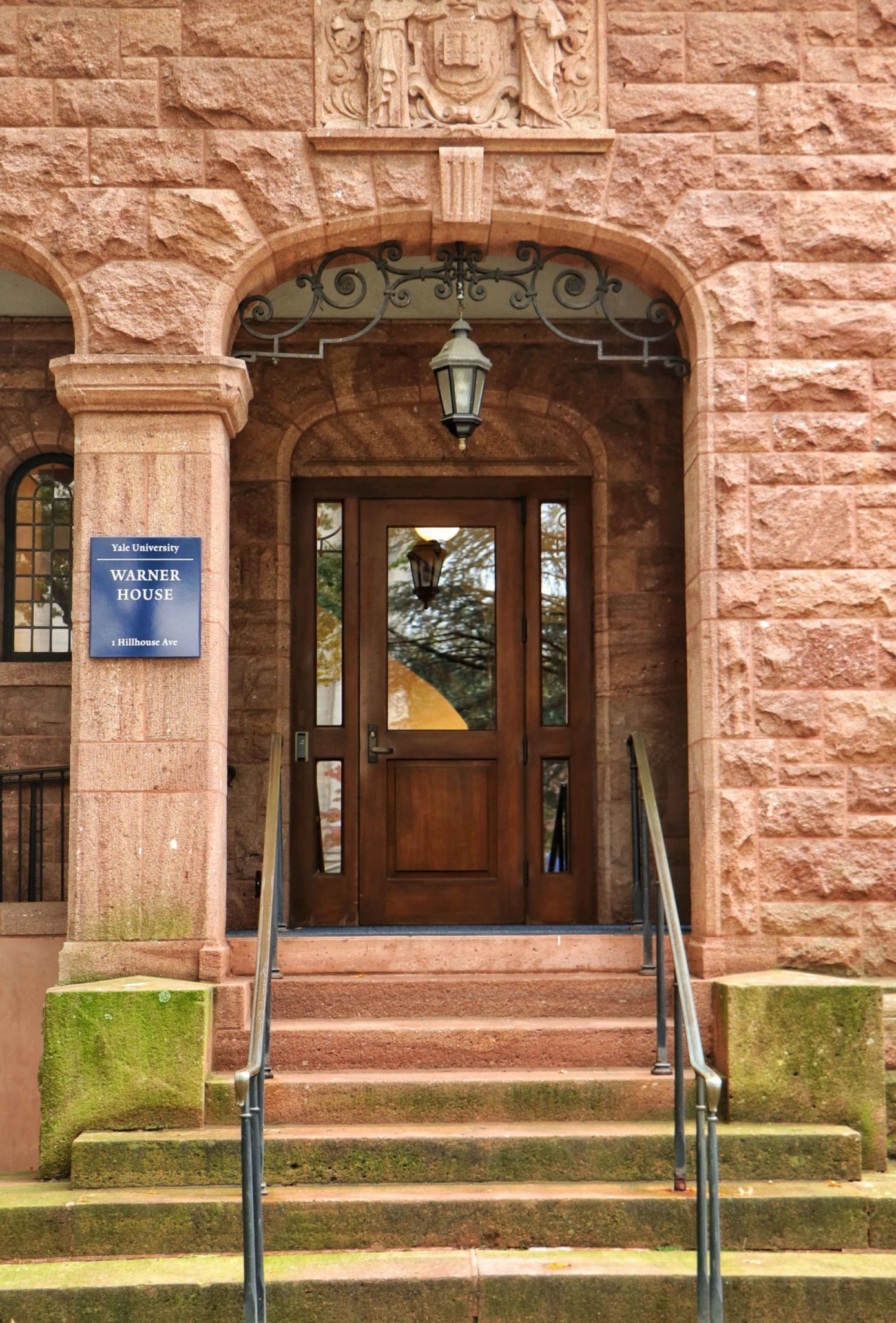
Vaibhav Sharma
Nearly two years after the Committee on the Economic Status of the Faculty sparked concerns surrounding professors’ salaries compared to those of competitors, a new team is prepared to reinvestigate this issue and more in its upcoming report.
The Faculty of Arts and Sciences has formed another Committee on the Economic Status of the Faculty, Dean Tamar Szabó Gendler announced Wednesday. First assembled in 1979, the committee investigates compensation issues for faculty within the FAS — including salaries and benefits — and typically releases a report at the end of a two-year cycle. CESOF’s latest report, from 2018, revealed significant shortcomings in faculty salaries compared to those at peer institutions and urged the University to address a number of recommendations regarding service time, tuition benefits and among other issues. Gendler appointed eight faculty members to serve on this new iteration, which is expected to release a report at the end of summer 2021.
“Yale’s FAS faculty members stand among the world’s leading scholars in their fields. I am committed to sustaining the excellence of our FAS faculty, and I am deeply appreciative of CESOF’s support in pursuit of that goal,” Gendler wrote in an email sent to the FAS.
Among those selected to serve are History and American Studies Professor Beverly Gage, English lecturer Elka Kristonagy and Linguistics Professor Veneeta Dayal. Like the previous CESOF cohort, an Economics professor will chair the committee: Marina Halac.
For Dayal, who began working at the University last January, CESOF will be her first University-level committee — an opportunity for which she said she is grateful.
“I am honored to have the opportunity to work with colleagues outside my department and to learn about the issues that are important to faculty at Yale,” she told the News. “I am looking forward to participating in efforts to address those issues.”
Gendler said that serving on the committee is helpful for faculty, as they can think from a “systematic perspective” about key issues impacting the FAS. One of the important takeaways from the committee, she added, is that faculty can come out of their terms “feeling like they really learned something while doing it.”
According to Gendler, the FAS administration has made several steps to act on CESOF’s prior recommendations. After the committee’s 2018 report detailed a decline in faculty salaries relative to Yale’s peers, Gendler adjusted select tenured faculty members’ salaries whose earnings seemed like outliers when compared to other universities. Earlier this year, she announced plans to create an annual committee that will investigate the burdens of faculty service time. In its last report, CESOF found that service time is unevenly skewed, with females serving more than their male counterparts.
This committee’s appointment process sparked debate in the FAS Senate over the representative body’s role in suggesting candidates to fill the CESOF. In their November meeting, senators argued that their body should have input on who should chair important committees like the CESOF. They said the administration has not always consulted the Senate.
Gendler told the News in January that she “makes sure” some of the FAS Senate’s recommendations are named in each committee she appoints. Senate Chair John Geanakoplos said only two of the FAS Senate’s nominees made it onto the committee and that the Senate was not consulted in choosing Halac as its chair. Still, Geanakoplos said the Senate “might have recommended [her] anyway.”
“Two out of eight may be slightly small, but we’re not expecting to appoint the whole committee,” Geanakoplos said. “I believe there’s an understanding that in the future the Senate will be consulted [about the Chair].”
Gendler told the News that the FAS received “lots and lots” of recommendations from a range of groups. Her team had to make careful choices so that the committee was representative across academic divisions, faculty rank and experience, Gendler added. She also said her team wanted to account for the third of FAS faculty who are on leave for one of the semesters in any given academic year. The dean added that the committee will start meeting casually this Spring, and will hold regular conversations at the start of next academic year.
Three new faculty members on CESOF told the News that they were “excited” for their time on the committee. Halac said that she is “looking forward to meeting the committee members.” The remaining five members either did not respond to a request for comment or declined to comment.
The CESOF’s last report was released on Oct. 18, 2018.
Matt Kristoffersen | matthew.kristoffersen@yale.edu







